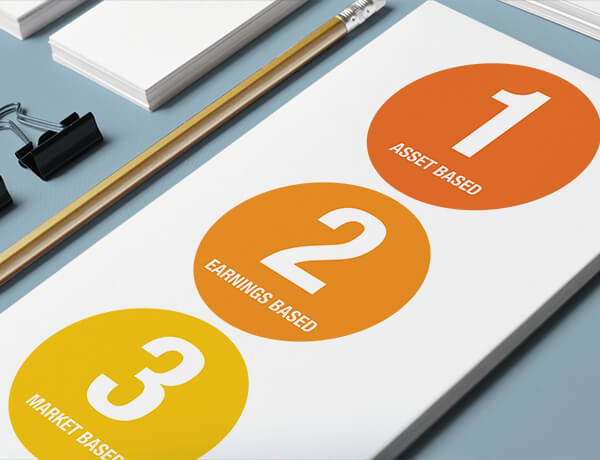Understanding the Alternate Valuation Date
When an individual dies, the executor is faced with an important decision that has the potential to impact the taxes owed by the estate and its heirs. The executor will have the option of valuing the estate on the date of death, or alternately, on the six-month anniversary of death – the latter is, fittingly, referred to as the "Alternate Valuation Date."1,2
Pick a Date
It may seem like an obvious decision and simple choice, but it's not. Here's why.
For estates with substantial holdings in stocks, the use of the Alternate Valuation Date may be an appropriate approach if the executor believes stock prices will be lower than they were on the date of death.
When heirs inherit assets, such as stocks, they may receive a step-up in the cost basis of the asset if its value is higher than it was when the original owner acquired it. The heirs' valuation is reset to either the value on the date of the owner's death or the value on the Alternate Valuation Date – whichever is chosen by the executor.3
Market Moves
Let's take a look at a hypothetical example. Let's say Dad bought Out-of-Date Technologies several years ago when stock prices were $10 per share. At his death, the stock was worth $35. The executor used the Alternate Valuation Date, and six months later, due to market movements, the stock was worth $28.
His heir, Julie, will inherit this asset and receive a step-up in the cost basis of it to $28, the value declared by the estate. Now, let's assume that Julie sells the stock a short time later at $35 per share.
If the estate had used the value on the date of death ($35), she might not have owed capital gains tax, as she would have been selling the stock at the same price as her cost basis. But since she received the stock with the lower cost basis ($28 – the Alternate Valuation Date), capital gains tax on the $7-per-share gain may be due.4
In this example, the estate saved money by electing the Alternate Valuation Date, but the heir was exposed to a lower cost basis as well as the prospect of paying higher capital gains tax in the future.
Consider & Balance
As the executor thinks through this balancing act, they should consider the relative prevailing tax rates for the estate and which approach may result in the most efficient transfer, net of taxes, to the heirs.
Keep in mind that the information in this article is not intended as tax or legal advice. It may not be used for the purpose of avoiding any federal tax penalties. Please consult legal or tax professionals for specific information regarding your individual situation.
1. The article assumes the deceased has a valid will and has named an executor, who is responsible for carrying out the directions of the will. If a person dies intestate, it means that a valid will has not been executed. Without a valid will, a person's property will be distributed to the heirs as defined by state law.
2. IRS.gov, 2023
3. Investopedia.com, July 9, 2022
4. This is a hypothetical example used for illustrative purposes only. It is not representative of any specific investment or combination of investments.
The content is developed from sources believed to be providing accurate information. The information in this material is not intended as tax or legal advice. It may not be used for the purpose of avoiding any federal tax penalties. Please consult legal or tax professionals for specific information regarding your individual situation. This material was developed and produced by FMG Suite to provide information on a topic that may be of interest. FMG Suite is not affiliated with the named broker-dealer, state- or SEC-registered investment advisory firm. The opinions expressed and material provided are for general information, and should not be considered a solicitation for the purchase or sale of any security. Copyright FMG Suite.



